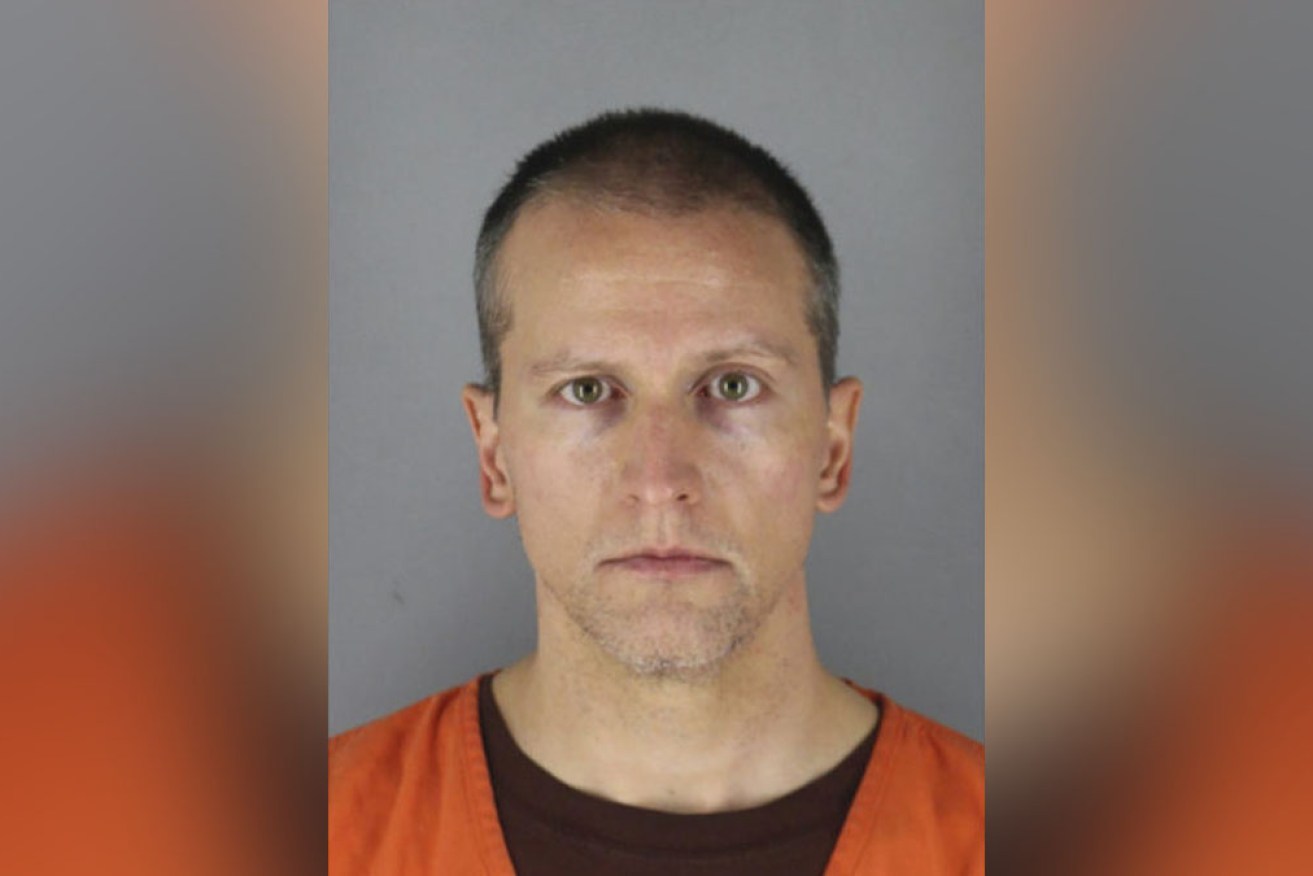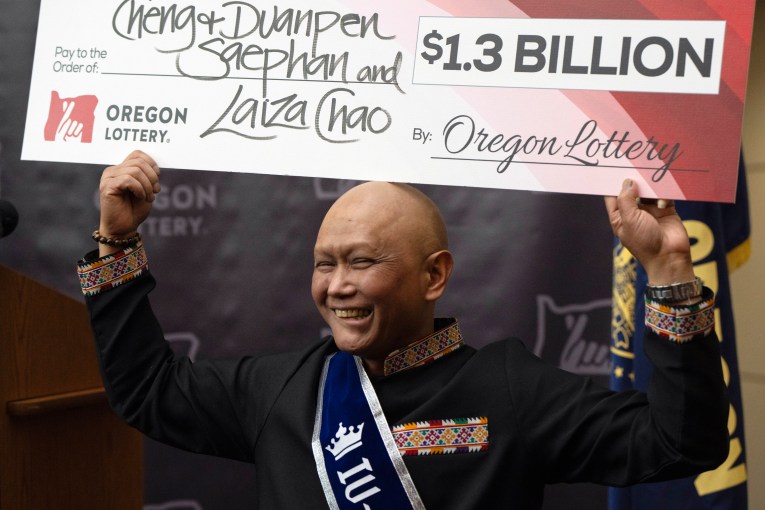Third-degree murder charge reinstated over death of George Floyd

Derek Chauvin was convicted of all the charges he faced over the death of George Floyd. Photo: AAP
A US judge has granted prosecutors’ request to add a third-degree murder count against a former Minneapolis police officer charged in George Floyd’s death, offering jurors an additional option for conviction and resolving an issue that might have delayed his trial for months.
Hennepin County Judge Peter Cahill reinstated the charge after the former officer, Derek Chauvin, failed to get appellate courts to block it.
Mr Cahill had earlier rejected the charge as not warranted by the circumstances of Floyd’s death but an appellate court ruling in an unrelated case established new grounds.
Mr Chauvin already faced second-degree murder and manslaughter charges.
Legal experts say the additional charge helps prosecutors by giving jurors another option to find Mr Chauvin guilty of murder.
The dispute over the third-degree murder charge revolved around wording in the law that references an act “eminently dangerous to others”.
Mr Cahill’s initial decision to dismiss the charge had noted that Mr Chauvin’s conduct might be construed as not dangerous to anyone but Mr Floyd.
But prosecutors sought to revive the charge after the state’s Court of Appeals recently upheld the third-degree murder conviction of another former Minneapolis police officer in the 2017 killing of Australian life coach Justine Ruszczyk.
They argued that the ruling established precedent that the charge could be brought even in a case where only a single person is endangered.
Arguments over when precedent from former officer Mohamed Noor’s case took effect went swiftly to the state’s Supreme Court, which on Wednesday said it would not consider Mr Chauvin’s appeal of the matter.
Mr Cahill said on Thursday that he accepted that precedent was clearly established.
“I feel bound by that and I feel it would be an abuse of discretion not to grant the motion,” he said.
Mr Floyd’s death sparked sometimes violent protests in Minneapolis and beyond, leading to a reckoning on race across the US.

Protests against George Floyd’s death swept America.
Jury selection resumed on Thursday with a sixth person chosen, a man who described himself as an outgoing soccer fan for whom the prospect of trial was “kind of exciting”.
The pool so far includes five men and one woman.
One man is white but the others’ racial backgrounds have not been disclosed in court.
Two other candidates were dismissed on Thursday: A woman who said she “can’t unsee the video” of Mr Chauvin pinning Mr Floyd down, and a man who said he had doubts about Black Lives Matter and the way the group pursued its goals.
At least three weeks have been set aside to complete a jury of 12 plus two alternates.
Potential jurors’ identities are being protected and they are not shown on livestreamed video of the proceedings.
Mr Chauvin and three other officers were fired.
The others face an August trial on aiding and abetting charges.
The defence hasn’t said whether Mr Chauvin will testify in his own defence.







